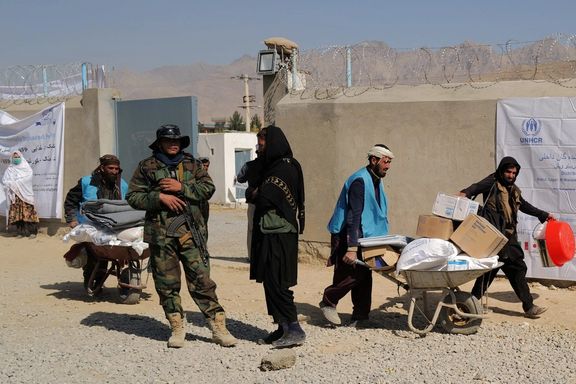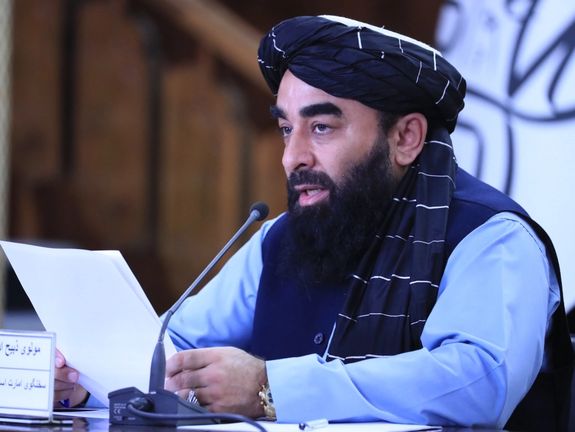In interviews with Agence France-Presse, relatives of the victims recalled the chaos of 16 August 2021, when thousands of Afghans swarmed Kabul airport after the city fell. Some, desperate to flee, clung to the fuselage of a US military plane as it took off.
Images and videos from that day showed several people falling from the aircraft mid-flight, footage that spread rapidly around the world.
Among the victims was 18-year-old Shafiullah Hotak, who had hoped to become a doctor but was working due to a lack of money for tuition. Influenced by rumours that Americans were evacuating Afghans, he told his parents that morning that he was going to America, before leaving for the airport with 50 Afghanis in his pocket.
The airport was full of families holding any scrap of paper they thought might help them leave. "Shafiullah had hope. He said that if he made it to the United States, I could stop working, that he would repay us for everything we had done for him," recalled his mother, Zar Bibi Hotak.
"I gave him his ID card and he left. Then we heard he was dead."
Relatives recognised his photo on Facebook, posted by witnesses at the airport. His body was later found on the roof of a house several kilometres from the airport.
The body of 24-year-old Fida Mohammad Amir was found in similar circumstances. His father, Payenda Mohammad Ebrahimi, said Fida despised the Taliban and left home that day pretending he had a dental appointment. Hours later, a stranger at the airport answered his phone to say Fida had fallen from the aircraft.
Zakir Anwari, whose brother Zaki was crushed under the wheels of a plane at the airport, blamed the crew for not stopping. "The planes have cameras... the pilot knew what he was doing, that it was dangerous, he could have stopped," he said.
A US military spokesperson has said the crew decided to depart as quickly as possible because the aircraft was surrounded by hundreds of Afghan civilians.

